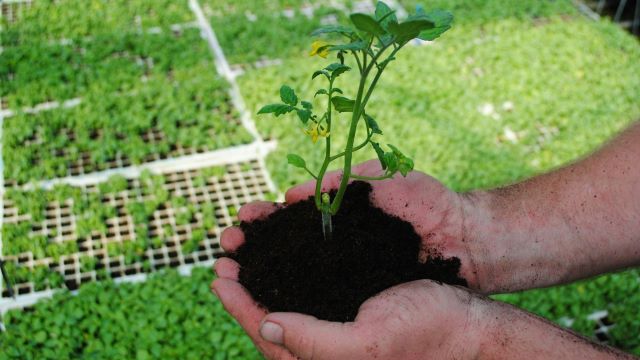Year after year, Omanis of the younger generation have spearheaded the sustainability revolutions of recent years, constituting a national and international movement to protect the environment. Grassroots movements, institutional coalitions, and activism training have produced such a new generation of citizens as are reshaping public opinion and policy towards conservation.
Environmental issues like dumping of wastes, water security, and ecosystem depletions are harsh realities of the lives of young people in Oman. They have undergone systematic programs, workshops, and sensitization wherein suitability of behavior towards sustainability is measured. With public actions and social media mobilizations, youth grassroot activists are trying to raise more awareness among citizens regarding large issues of the environment and recruiting worthy citizens as members of localized solutions.
University students start something like this today. The students collaborate with ministries and NGOs to implement green goals. They organize reforestation campaigns, plastic campaigns and beach cleaning campaigns. These not only raise awareness among people regarding nurturing nature but also offer a platform where youth interact with each other and develop new community-based concepts that would be appropriate for Oman’s cause for long-term sustainability.
Aside from street protests at the front-line level, the youth activists also have a huge hear in environmental policymaking. Through advocating for alternative energy policy and conservation measures, they are making policies that dictate the country’s clean future. Indeed, some of the youth groups have led the battle in advocating for harnessing solar energy methods via Oman natural resources so as to utilize cleaner sources of energy.
The biggest pillar of support for a cause such as this is education. Youth organizations that have been formed to introduce the environmental cause to the school level have come up with study guides and school curriculum on the topic of sustainability. Recycling, climate change, and biodiversity are just some of the issues that are being incorporated into the life of the school through hands-on workshops and seminars that introduce green thinking to kids.
The open entry of Oman into green politics is a reflection of revolutionary generational and cultural change. The activist one-way demonstrations of the youth overturn the traditional civic piety assumptions and call for intergenerational collaboration in green growth. The movement is not merely eulogy for nature conservation but also drives Oman to leadership of the Gulf cooperation council leadership of the regional sustainability drive of the coming years.
Because this power will never be exercised, Omani youth politics is never flash-in-the-pan—not a one-page movement, a choreographed, massed charge for a green tomorrow. Policy activism, learning, and entrepreneurship are assisting this generation in constructing a greener national agenda, a road map for the remainder of the region’s green growth.

